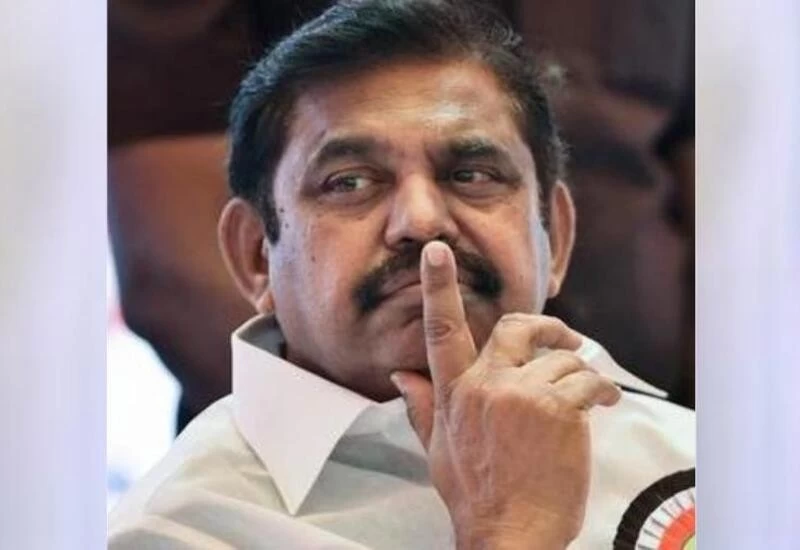Tamil Nadu Chief Minister Edappadi K Palaniswami on Saturday announced that work on National Population Register (NPR) in the state will begin in April 2020.
“It is under the ambit of the central government. It is just a population census. In the first phase, 34 different bits of data will be collected,” he told The Hindu.
The chief minister accused DMK of misleading people and stated that the NPR had no connection whatsoever to the controversial National Register of Citizens.
Speaking in Salem, Chief Minister Palaniswami added that the opposition DMK was trying to confuse the people. He also added that a group of political parties who have no influence among the public were trying to create trouble for the central and state governments.
When asked whether the AIADMK government would oppose NPR, Palaniswami added that this was merely a census exercise done every decade. He also added that that details of NPR would be collected if a person had resided in a place for 6 months.
Accusing DMK chief MK Stalin, Palaniswami added that Stalin and leaders of his alliance were deliberately carrying out false propaganda on the issue. Stalin had on Thursday come out against the National Population Register, saying the NPR and National Register of Citizens (NRC) were "two sides of the same coin."
The Union Cabinet last week approved over Rs 3,941.35 crore for updating the National Population Register. The updating exercise is to commence from April next year. The West Bengal and Kerala governments have stayed all activities related to the NPR, scheduled to be taken up early next year.
Meanwhile, speaking about the plea in the Madras High Court seeking a stay on declaration of results of the rural local body polls, Palaniswami added that it was the for the State Election Commission to respond to it.
On Tamil Nadu topping the Good Governance Index, he said that this was a huge victory for Tamil Nadu’s people and thanked ministers, bureaucrats, legislators and other government officials for their work.


